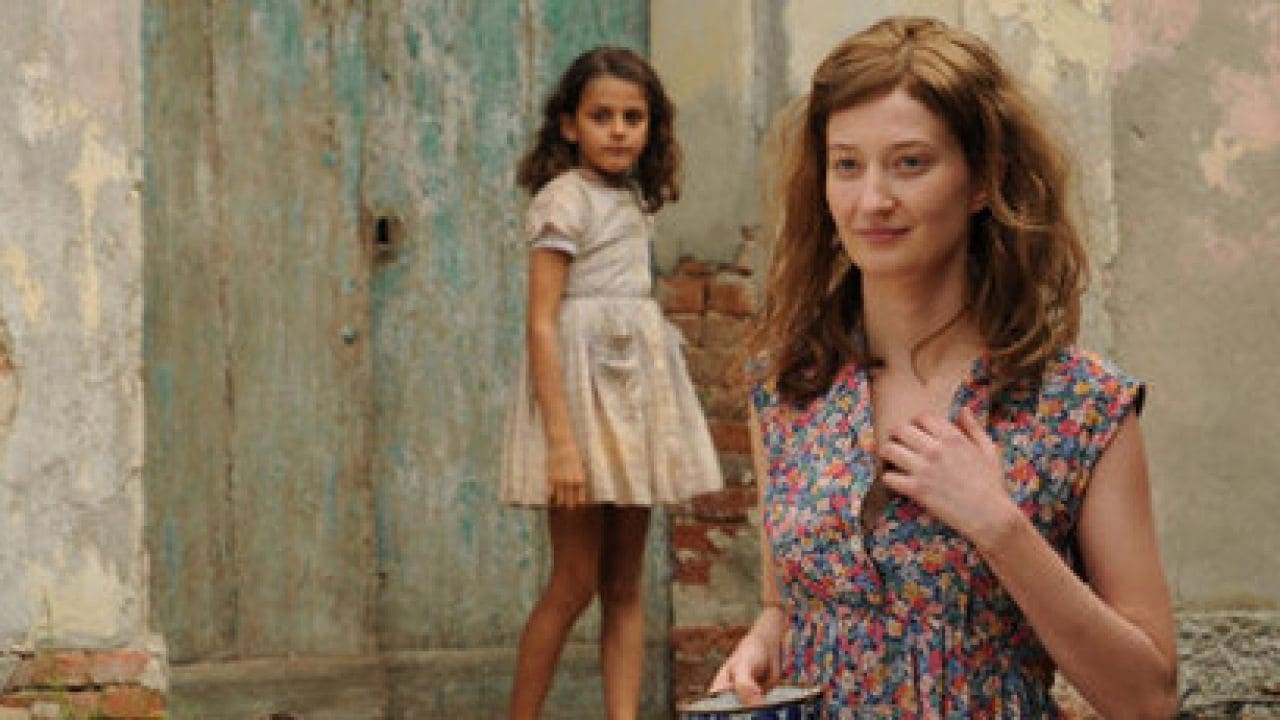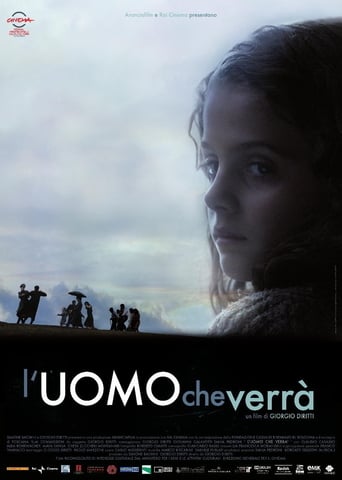

This movie is mostly seen through the eyes of the young girl, Martina, who along with the other children provides a depth of innocence which is the counterpoint to the ice-cold brutality of an invading army. The various viewpoints and behaviour of the diverse groups: villagers - old and young; partisans living in the woods;the clergy; the invading forces with their various levels of humanity from ruthless soldiers whose souls are dead to those who can't help but feel compassion for the people they are invading, never seem clichéd even though they may be in so many war movies. This is simply humanity at war, portrayed clearly and credibly without the slightest pretence. The cinematography, direction and acting are supremely natural, creating a fine, memorable movie.
... View MoreIt's Dec 1943 in rural Italy. Martina is a young girl who has stopped talking. The other kids pick on her. Her mother is pregnant after the lost of her baby brother. Her family works the family farm living under the Nazi occupation. Some of the villagers support the Partisans led by Wolf. The fighting between the Partisans and the Nazis escalate. The Germans round up the locals and massacre them. Martina survives the mass killings and find her newborn brother as the historical event takes place.This takes a lesser known story, outside of Italy, and brings it onto the big screen from the point of view of a child. It is beautifully shot. The story meanders early on but the little girl is compelling enough to keep it interesting. The massacre itself is a rolling train of horrifying events. It's important to tell the tale and this does a good job doing it with beauty and sincerity.
... View MoreI saw "L'uomo che verrà" in a small theater in Florence, Italy last February.One of the beautiful things about the film is that it will appeal to various audiences in very different, albeit powerful ways. It was related to me that the historical events portrayed and implied by the film are quite accurate, so locals from the mountains above Bologna or history buffs won't feel disappointed by an inaccurate rendition. Depending on their demographic other Italians should either be able to sympathize or empathize with characters in the movie as well. For viewers that are not European, I can confidently say that they will find themselves presented with an old theme (Nazi occupation and brutality) delivered in a novel and unique theatrical vessel.Additionally, the cinematography is wonderful. I truly did feel as if I was in the countryside with the characters of the movie being terrorized by a foreign occupying force.As a side note, the movie is in a dialect that most Italians will not even understand. With the good subtitles, I felt that it actually added to the movie's appeal.
... View More"The Man Who Will Come" is a drama set in an Italian's region, the Romagna (and not the Tuscany, although many shots come from there), during the II world war. The movie tells an interesting and cruel episode of the passing of the front in Italy: the Slaughter of Marzabotto, a dreadful tragedy, which becomes greater because of the number of children involved (more than two hundreds less-twelve-years-old children). This is the reason for the title, something like a dedication of the movie to children ("The Man Who Will Come" is a baby who survives to tragedy, he represents the generations of tomorrow), and in order to make stronger this connection history-childhood, a female child who doesn't speak is the protagonist of the movie. Director's aims, when he decides to coming this project, as he said recently, were two: to bring the spectator in a time travel, in a reality unknown for many people, and to narrate the war from the child's point of view. Probably, with this movie he reached to bring the spectator in the past (the choice to use the dialect, as Visconti's La Terra Trema, gives more realism to the narration, and makes the movie more eclectic than the others with the same themes; the care for details, from the lights to the clothes, is almost obsessive) but I think the point of view of the young female is just a little part of the movie: final point of view is quite objective, because there are many points of view, and this gives the taste of a good historical reconstruction. To say that this movie shows the war from the child's point of view is probably reductive, or just wrong: a movie which shows the point of view of a child in some historical period is very different from this work. Result? Nice job, but it's impossible to have an historical reconstruction of facts through a subjective point of view or, if it's possible, this movie couldn't reach it.
... View More